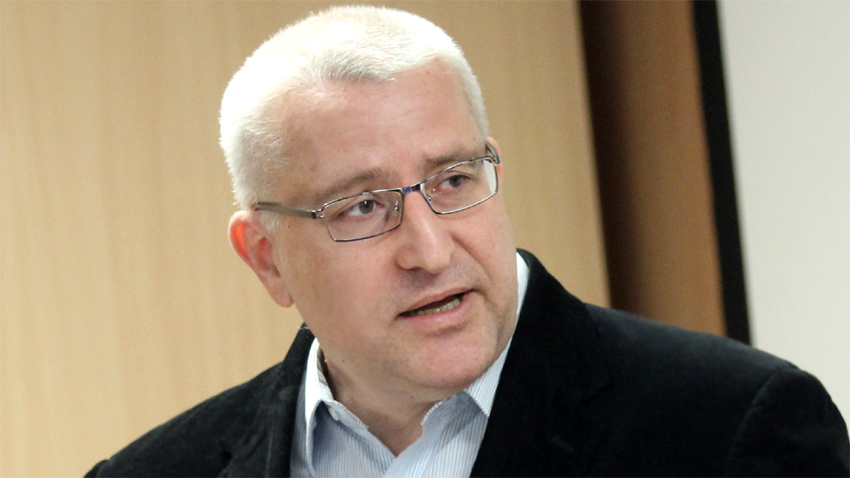The European Commission is to present the first annual reports under the rule of law mechanism on each EU member state today after the meeting of the College of Commissioners, the correspondent of BNR in Brussels Angelina Piskova announced, quoting European Commission Deputy Chief Spokesperson Dana Spinant.
The document reads that threats against journalists are particularly worrying in Bulgaria, Croatia, Hungary, Slovenia and Spain, Politico announces. The document also notes that the independence of judiciary in Hungary and Poland has been put at risk.
“These reports can become a key tool in the democratic process in each member state”, Associate Professor Svetoslav Malinov, head of Political Science Department at Sofia University St. Kliment Ohridski and former MEP from the group of the European Peoples’ Party, commented for BNR.

“Bulgaria looks like a student who has failed an exam for ten consecutive years. In the course of twelve years, Bulgaria received critical reports, less critical reports and even slightly positive reports, which however criticized us over corruption, rule of law and lack of reforms in the judicial system. And then a new mechanism was introduced.”
The new report will contain what is included in the report of the monitoring mechanism, but all who expect these reports hope that they will be much more comprehensive, Svetoslav Malinov pointed out.
“We are expecting more details on the judicial system, prosecution, media, the way Bulgaria’s democracy functions, the dangers, the coalescence between politicians and media, media and oligarchs. In a sense, the scope of criticism has been expanded.”
The first reports are awaited with great attention and concern, because this must be a new protection of EU funds against corruption.
“It all started with the feeling of a large number of European citizens, especially from the donor countries, that their money is wasted by governments which do not respect the European values. Without European values, there must be no European money”, Svetoslav Malinov added.
In his words, Bulgaria and Romania have contributed to the failure of the European control mechanism having “demonstrated” that the EU does not have a mechanism to make a member state carry out radical reforms for the benefit of its citizens. Unfortunately, it took 12 whole years to see that a country like Bulgaria cannot carry out such reforms, Associate Professor Svetoslav Malinov went on to say.
The report will not be disappointing for those who are critical of the government, Svetoslav Malinov forecasted.
Compiled by: Elena Karkalanova
English version: Kostadin Atanasov
"The last one to quit wins. If we believe and want democracy in Bulgaria to win..., we must persevere, even though it's discouraging," Izabela Shopova from Brisbane, Australia tells Radio Bulgaria Nearly 6,000 people identified themselves as..
On the threshold of the sixth early parliamentary elections in less than three years, the fatigue of the Bulgarian citizens from the administrative hopelessness is visible . This seems to be the case in the political arena as well - proof is the..
"We need unity and togetherness. For us, Bulgaria is our family, it is our home" - Zdravka Vladova-Momcheva, a Bulgarian living in Britain, told Radio Bulgaria. Ten days ago she was in Sofia to receive another award from the Executive Agency for..
The members of parliament will continue their session at 10 AM on November 22, following yet another unsuccessful attempt to elect a Speaker of the..
A new party called Bulgaria Can (Bulgaria Mozhe) was founded today. Its leaders are the political and economics analyst Kuzman Iliev and the former MP..
GERB leader Boyko Borissov has sent a letter to the We Continue the Change-Democratic Bulgaria (PP-DB) coalition proposing a way out of the political..

+359 2 9336 661
